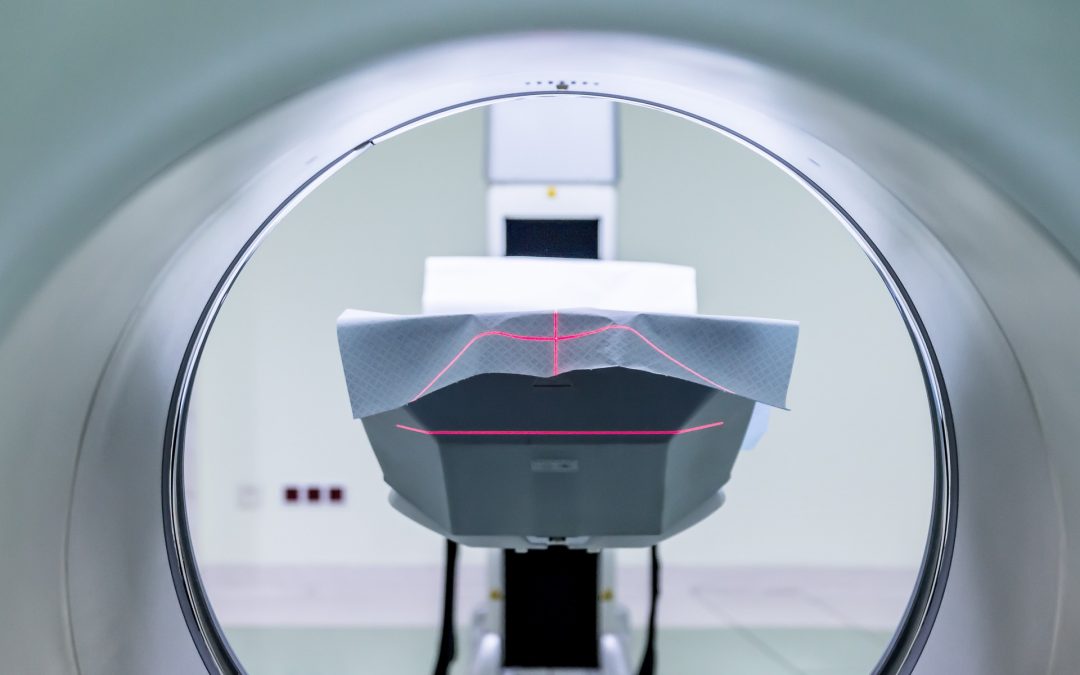First published on ScienceDaily.com
It’s been almost a quarter century since the first drug was approved for stroke. But what’s even more striking is that only a single drug remains approved today.
In a publication appearing this month in the journal Translational Stroke Research, animal scientists, funded by the National Institutes of Health, present brain-imaging data for a new stroke treatment that supported full recovery in swine, modeled with the same pattern of neurodegeneration as seen in humans with severe stroke.
“It was eye opening and unexpected that you would see such a benefit after having had such a severe stroke,” said Steven Stice, Georgia Research Alliance Eminent Scholar and D.W. Brooks Distinguished Professor in the University of Georgia’s College of Agricultural and Environmental Sciences. “Perhaps the most formidable discovery was that one could recover and do so well after the exosome treatment.”
Stice and his colleagues at UGA’s Regenerative Bioscience Center report the first observational evidence during a midline shift — when the brain is being pushed to one side — to suggest that a minimally invasive and non-operative exosome treatment can now influence the repair and damage that follow a severe stroke.
Exosomes are considered to be powerful mediators of long-distance cell-to-cell communication that can change the behavior of tumor and neighboring cells. The results of the study echo findings from other recent RBC studies using the same licensed exosome technology.
Many patients who suffer stroke exhibit a shift of the brain past its center line — the valley between the left and right part of the brain. Lesions or tumors will induce pressure or inflammation in the brain, causing what typically appears as a straight line to shift.
“Based on results of the exosome treatment in swine, it doesn’t look like lesion volume or the effects of a midline shift matter nearly as much as one would think,” said Franklin West, associate professor of animal and dairy science in the UGA College of Agricultural and Environmental Sciences. “This suggests that, even in some extremely severe cases caused by stroke, you’re still going to recover just as well.”
You can read the full article here.
Image: Pixabay





